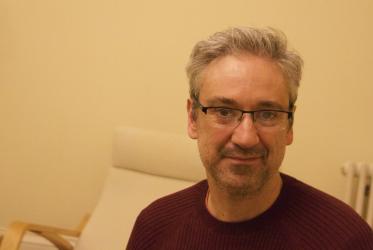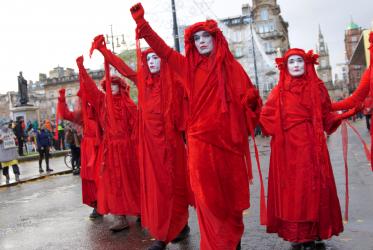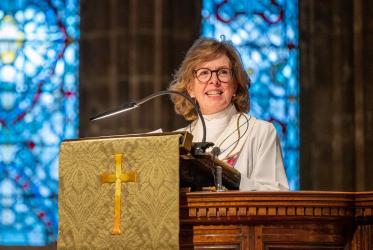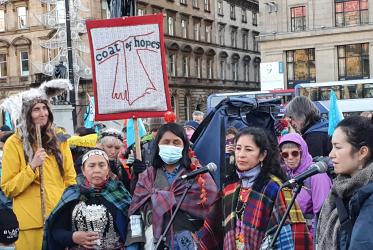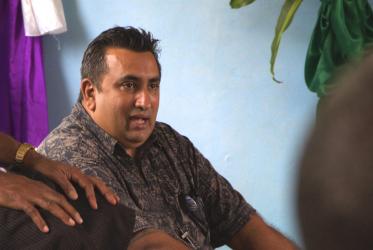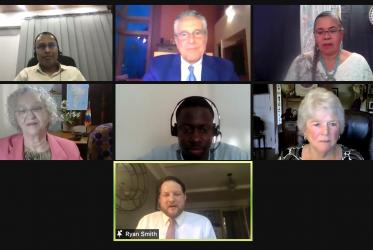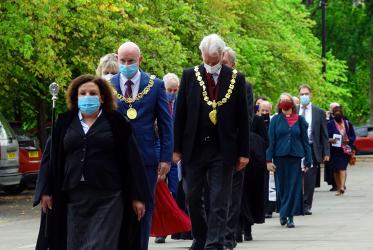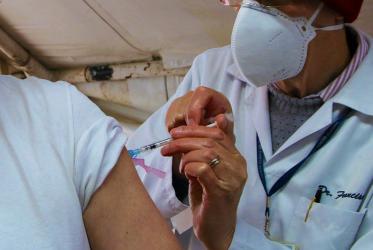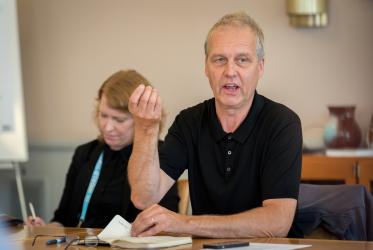Mostrando 81 - 100 de 137
Pastor Godson Lawson Kpavuvu: “God heals, but people must also be treated”
02 Septiembre 2021
Walk the Talk
A Toolkit to Accompany the "Roadmap for Congregations, Communities and Churches for an Economy of Life and Ecological Justice"
31 Agosto 2021
Can we end our societal addiction to fossil fuels?
12 Agosto 2021
Ecumenical International Youth Day 2021 Event Toolkit
Young People and Climate Justice
06 Agosto 2021
